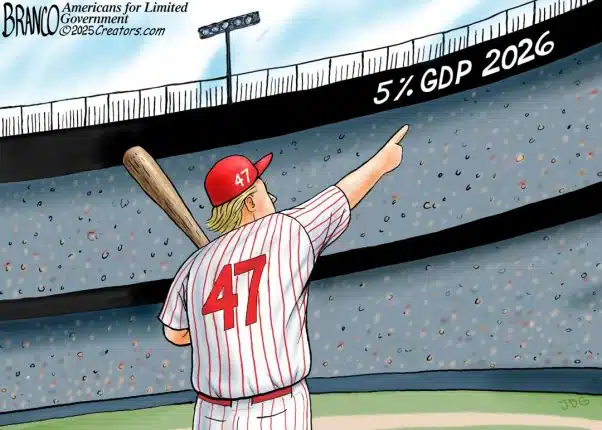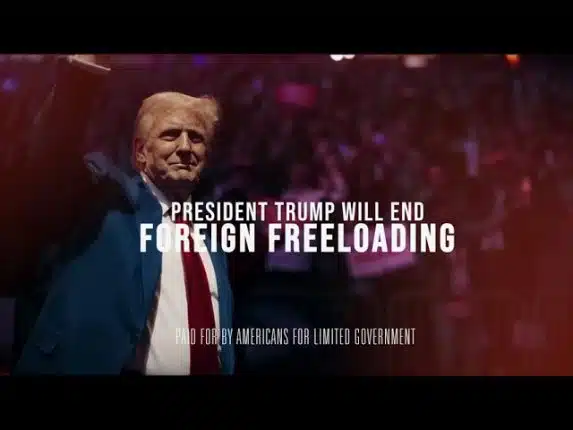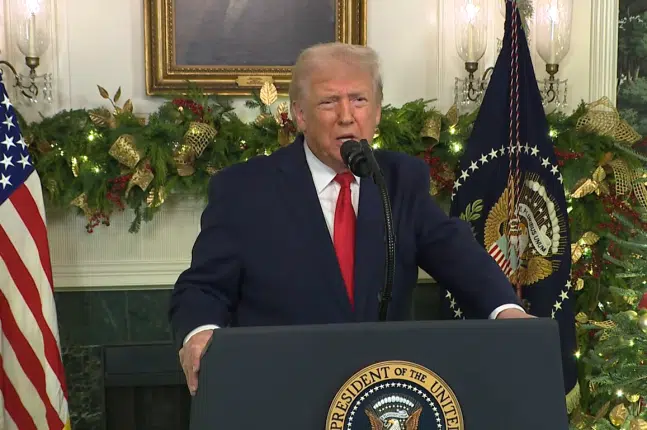As originally published at the Salt Lake Tribune.
Main Street retailers have faced tough competition from online competitors and federal government rules have worked against them. Utah Rep. Jason Chaffetz is leading an effort in the U.S. House of Representatives to find a way to restore state control over sales tax collections and take the federal government’s thumb off the competitive scale.
The House Judiciary Committee held a hearing this week led by Chairman Robert Goodlatte, R-Va., and Chaffetz to look at the issue and ways to resolve it.
Since 1992, retailers without a physical presence in a state have enjoyed a competitive advantage over retailers who do have a physical presence there, because the former are not required to collect sales taxes while the latter are. This is the case even if the out-of-state retailer sells millions of dollars of goods in the state.
This advantage for out-of-state retailers comes from the U.S. Supreme Court decision in Quill v. North Dakota holding that while such taxes could be levied, they could only be done so if Congress authorized it under the Constitution’s Commerce Clause. This has resulted in a court imposed benefit to out-of-state retailers at the expense of those holding down real estate on Main Street.
One solution to get the federal government out of the business of picking winners and losers in terms of which sets of goods are taxed has been offered by Rep. Steve Womack, R-Ark., called the “Marketplace Fairness Act.” It would allow states to enter into mutual agreements to collect out-of-state sales tax if they choose.
Under the bill, retailers with more than $1 million a year in out-of-state revenue would be required to collect sales tax for the affected states — if the states they ship goods to are parties to the interstate agreement that sets standards for how these taxes are administered.
Congress, in its own capacity, has the power to set limits on the taxes so they are not onerous. The requirements under the bill include that there be a single, state level entity that is responsible for administering the taxes, returns, and audits of out-of-state retailers. States would be required to treat in-state and out-of-state retailers the same in terms of the frequency of returns.
And, states would only be allowed to charge a single tax rate to in-state and out-of-state retailers.
This will prevent states from levying de facto tariffs on one another, which would punish online, out-of-state retailers.
One might argue that these online entities are not taxed right now, and so allowing states to decide amongst themselves if they will be amounts to punishing out-of-state retailers. On the other hand, since the rate will be the same, those retailers would merely be competing on an equal playing field as in-state merchants.
The real question might be whether Congress should be blocking states from entering into agreements to participate in an interstate taxing convention, and should Congress be favoring online, out-of-state merchants over in-state ones?
The Womack bill is one alternative that will bring an end to this picking of winners and losers.
It will put power back into the hands of state legislatures on this issue. The bill does not compel states to collect out-of-state sales tax. If constituents want representatives who will vote to not participate in the interstate agreement, then that is their prerogative.
But there is no need for Congress to block such a measure for those states that do want to participate.
The Goodlatte and Chaffetz hearing hopefully helped separate the wheat from the chaff on this basic fairness issue moving the ball toward states being allowed to decide for themselves if they want to collect out-of-state sales tax or not. For anyone who favors local control over issues related to taxation, then moving control over this issue from D.C. to the states is the right choice.
Nathan Mehrens is president of Americans for Limited Government.







